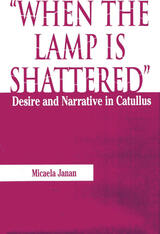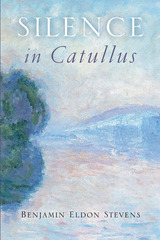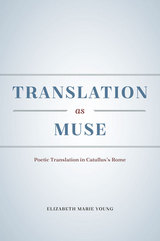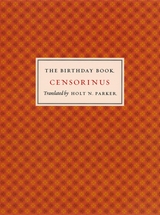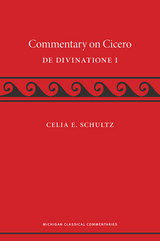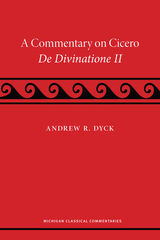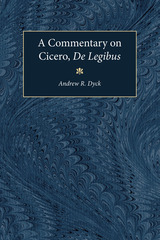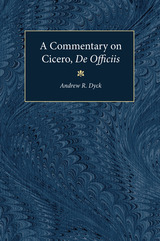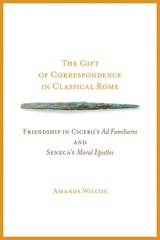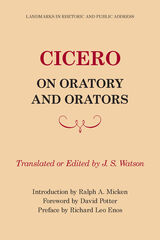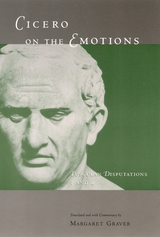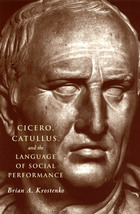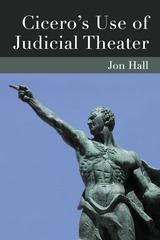eISBN: 978-0-299-28833-4 | Paper: 978-0-299-28834-1
Library of Congress Classification PA6298.W58 2012
Dewey Decimal Classification 876.01
Amanda Wilcox offers an innovative approach to two major collections of Roman letters—Cicero’s Ad Familiares and Seneca’s Moral Epistles—informed by modern cross-cultural theories of gift-giving.
By viewing letters and the practice of correspondence as a species of gift exchange, Wilcox provides a nuanced analysis of neglected and misunderstood aspects of Roman epistolary rhetoric and the social dynamics of friendship in Cicero’s correspondence. Turning to Seneca, she shows that he both inherited and reacted against Cicero’s euphemistic rhetoric and social practices, and she analyzes how Seneca transformed the rhetoric of his own letters from an instrument of social negotiation into an idiom for ethical philosophy and self-reflection. Though Cicero and Seneca are often viewed as a study in contrasts, Wilcox extensively compares their letters, underscoring Cicero’s significant influence on Seneca as a prose stylist, philosopher, and public figure.
See other books on: approximately 4 B.C.-65 A.D | Authors, Latin | Cicero, Marcus Tullius | Gift | Seneca, Lucius Annaeus
See other titles from University of Wisconsin Press

